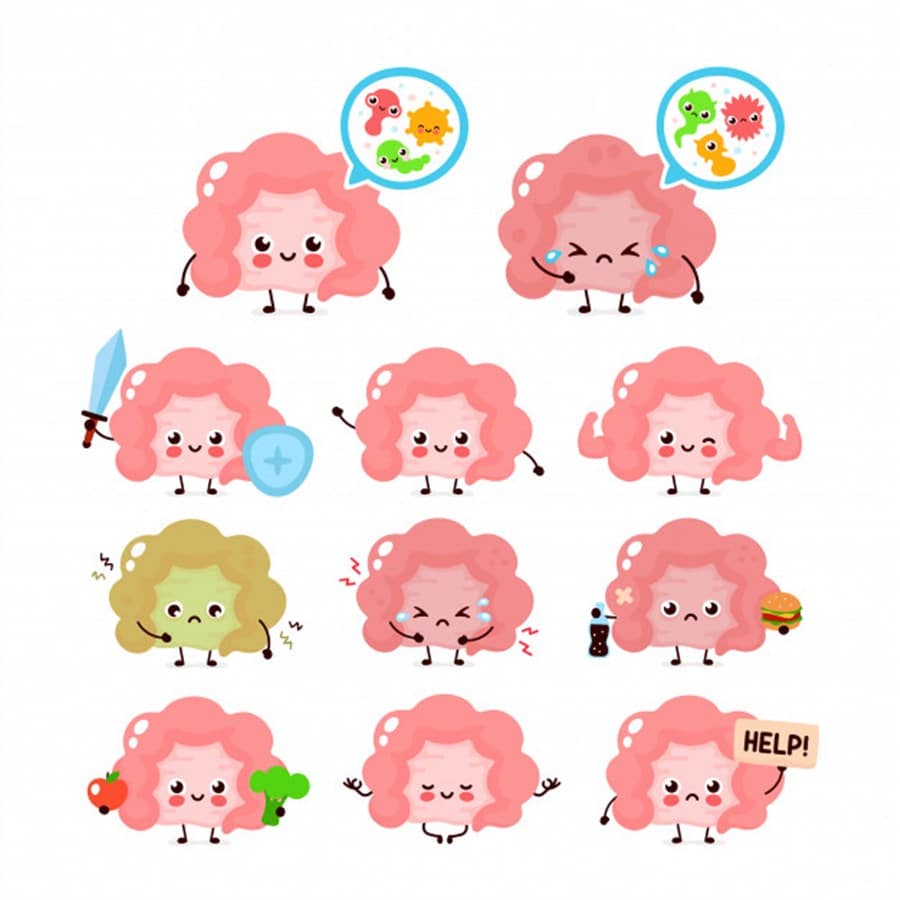The words “obsession” and “obsessive” are often used casually in everyday language, but obsessive-compulsive disorder (OCD) is a serious, uncontrollable condition that can persist over a significant period. This article explores the potential of clinical hypnotherapy as an effective treatment for OCD, supported by current research and case studies.
Understanding Obsessive-Compulsive Disorder (OCD)
OCD is characterized by persistent, unwanted thoughts (obsessions) and repetitive behaviors (compulsions). These behaviors are performed to reduce anxiety or prevent a feared event, yet they offer only temporary relief and often exacerbate the anxiety. Common obsessions include fear of germs, aggressive thoughts, and the need for symmetry. Compulsions might involve excessive cleaning, checking, or arranging items in a specific order.
Breaking the Cycle of Obsessive Thoughts
To effectively manage OCD, it’s crucial to break the cycle of obsessive thoughts and compulsive behaviors. This often involves cognitive-behavioral strategies, including exposure and response prevention (ERP), which encourages patients to face their fears without engaging in compulsive behavior. However, hypnosis offers an additional, promising avenue for treatment.
Research on Hypnosis and OCD
Animal Models and OCD
Researchers have used animal models to study the mechanisms underlying OCD. While it’s challenging to observe obsessions in animals, compulsions can be measured. Studies have shown that manipulating neural circuits in animals can induce behaviors analogous to human OCD, providing a basis for testing treatments.
Optogenetic Technology
In a notable study, researchers used optogenetic technology to trigger hyperactivity in the brains of mice, simulating OCD-like behaviors. By exposing the mice to light stimulation, they observed increased compulsive behavior, supporting the hypothesis that certain brain circuits are involved in OCD.
Translational Research
Translational research aims to apply findings from animal studies to human conditions. The insights gained from animal models highlight the potential of targeting specific neural pathways in treating OCD, suggesting that therapies like hypnosis could modulate these pathways and reduce symptoms.
Clinical Hypnotherapy for OCD
Combining Hypnotherapy and Self-Hypnosis
Hypnotherapy has been considered a viable treatment for OCD, particularly when combined with self-hypnosis techniques. This approach can help patients manage their symptoms by altering their subconscious responses to obsessive thoughts and compulsive behaviors.
Liaison Psychiatry and Hypnosis
Liaison psychiatry, which integrates psychiatric care into medical settings, has explored the use of hypnosis for somatic symptom disorders, including OCD. In a teaching hospital in France, randomized studies assessed the effectiveness of hypnosis in treating OCD.
Key Findings:
- Hypnotherapy sessions significantly reduced psychopathology levels in OCD patients.
- Patients reported lower levels of somatization after hypnosis treatment.
Case Studies
Case Study: Sarah
Sarah, a 35-year-old woman, struggled with PTSD related to a past abortion and experienced OCD symptoms during her pregnancy. Hypnotherapy sessions, including relaxation exercises and visualization techniques, helped Sarah forgive herself and reduce her PTSD symptoms, ultimately improving her relationship with her child.
Case Study: Julie
Julie, a 32-year-old woman, suffered from PTSD and OCD following a traumatic childbirth experience. Through 12 hypnotherapy sessions focusing on visualization and positive reinforcement, Julie overcame her feelings of shame and depression, enhancing her bond with her daughter and improving her overall well-being.
Measuring the Effectiveness of Hypnotherapy
Researchers used various scales to measure the psychopathology and somatization levels of OCD patients before and after hypnotherapy sessions. Questionnaires and videotaped interviews provided additional insights into the patients’ experiences and the efficacy of the treatment.
Results:
- Hypnotherapy led to a significant reduction in OCD symptoms.
- Patients reported improved mental health and coping mechanisms.
While further research is needed to fully establish the effectiveness of hypnotherapy for OCD, current studies and case reports suggest that it can be a valuable tool in managing this condition. By addressing the underlying psychological and neurological factors, hypnotherapy offers a promising alternative or complement to traditional treatments for OCD.
Hypnosis, particularly when combined with cognitive-behavioral strategies, represents a powerful approach to breaking the cycle of obsessive thoughts and compulsive behaviors, providing relief for those suffering from this challenging disorder.












